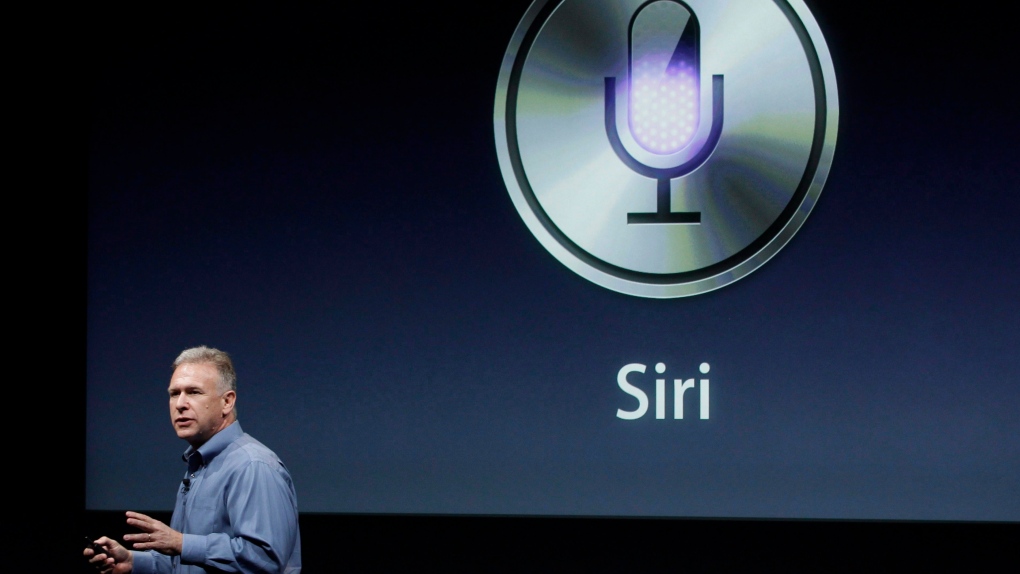
Few features have promised to revolutionize the way we interact with our Apple devices as much as Siri, the company's ubiquitous virtual assistant. Launched in 2011, Siri was introduced as heralding a new era in human-computer interaction, offering an intuitive voice-controlled interface for accessing information, scheduling appointments, sending messages, and much more. The vision was grand: A personal assistant in your pocket, capable of understanding and acting upon a wide array of voice commands with ease and accuracy. So what happened?

Enthusiasm for Siri has undeniably waned in the intervening years. Despite regular updates and improvements from Apple, Siri has struggled to keep pace with its advancing rivals, and in an era of generative AI chatbots and large language models, Siri's failings have only been magnified. Issues ranging from misinterpreted commands to limited contextual understanding have not only hindered Siri's usability but have also led to an almost universal perception of the virtual assistant as a source of user frustration rather than assistance. This persistent underperformance begs the question: Is it time for Apple to kill Siri and start over?
Siri's Birth Pangs
Siri's conceptual roots at Apple can be traced back to the company's early exploration of human-computer interaction. Thirty years ago, Apple commissioned a group of employees to create a video showing how in the future humans might interact with computers using spoken language. The video, known as "Knowledge Navigator," featured a professor chatting with a virtual assistant to perform everyday tasks and academic research. In one of the tasks, the professor asks the assistant to search for a five-year-old publication. The assistant pulls up an article dated 2006, suggesting the video is supposed to be set in September 2011.
The video was criticized at the time for being an unrealistic portrayal of the capacities of a virtual assistant in the foreseeable future. Yet the demonstration inspired developers Adam Cheyer, Dag Kittlaus, and Tom Gruber, who began AI research on virtual assistants at SRI International, a DARPA-funded research laboratory in Menlo Park, California. Their work would result in a spin-out called Siri, named by Kittlaus after a co-worker in Norway. (Siri is short for Sigrid, which has its origins in Old Norse for words meaning "victory" and "beautiful".)
In February 2010, Kittlaus launched Siri as an app on Apple's App Store. Steve Jobs soon began playing with the app and was impressed with how it allowed the user to search the internet by voice. A few weeks later, Apple acquired the start-up. Siri's AI backend was in place, while its voice recognition technology would be supplied by Nuance Communications. Apple subsequently released its Siri virtual assistant (in beta) for the iPhone 4S in October 2011, just one month later than the fictional future in which Knowledge Navigator had been originally envisioned.
Fiction vs. Reality
Apple marketed Siri as more than just a tool — it was your intelligent assistant ready to help with a variety of tasks. Whether setting reminders, sending texts, making phone calls, or finding information online, Siri aimed to streamline it all with a simple voice command. There was nothing like it at the time and the initial results were impressive, but the underlying promise was that Siri would not only understand you but also learn from you, becoming more efficient and personalized over time.

Regular iOS updates in the intervening years have worked towards making Siri more effective and realizing its original promise. Whenever a new iOS feature comes along, Apple usually ensures that it works with Siri, and these days it can be used to identify songs, get driving directions, send money via Apple Pay, and control HomeKit products, to name just a few of its skills. In 2021, Apple announced that Siri would work offline by default – whenever possible, it would process user requests on-device, with the same quality of server-based speech recognition.

However, even now, the assistant that was supposed to understand context and grow with the user still faces significant challenges with context, understanding, and integration, regardless of whether it pings Apple's servers or processes requests locally. Many Apple device owners often say it struggles with even basic commands. Indeed, many users believe that, at least in some areas, Siri's abilities have gotten worse over time, especially since the release of iOS 17.
Michael Tsai's blog has done a good job of recording users' more recent frustrations with Siri. Here are just a handful of serial issues some users have recently reported:
- Setting timers instead of alarms.
- Bungling music requests (even for purchases that Siri has local access to).
- Delayed responses over fast data connections.
- Nonsense responses to conversion requests.
- Creating notes instead of reminders.
- Acknowledging requests without acting on them.
- Overwrought punctuation when dictating.
- Inability to consistently control smart devices.
Article Link: Should Apple Kill Siri and Start Over?
Last edited:

